Dissolve Stress!
Stressed? See how James uses a simple breathing technique to relieve stress.
Start Browsing
Start browsing
< Wait, I have a password

to your account
 Facebook
Facebook
< Wait, I don't have a profile yet
Reset Password >
to save your details
 Facebook
Facebook
< Wait, I already have a profile

Start browsing
< Wait, I have a password



Plenty of students struggle to motivate themselves to study history, thinking it is one of the more boring subjects! However, with the right tools and the right approach, history can be one of the most rewarding and enjoyable subjects – you’ve just got to know how to go about studying it!
Because most of the events we learn about in history happened so long ago – often well before we were born – it can be easy to switch off and zone out. But don’t forget that everything we’re taught in history is really just an interesting story that happened that changed how people live in a certain place – the catch: the story actually happened! If you’re struggling to piece together all the details or remember certain character’s names/dates/quotes, try making a mental movie of the event. Picture what happened, what the buildings and people’s faces look like, imagine them saying certain quotes – and most importantly, put yourself in the movie! The more you are a part of it, the more you can see, hear, smell and touch all the parts of the scene, the greater your ability to remember the details!
Events on their own can often seem uninspiring or uninteresting. If we were to study World War I on it’s own, it can be looked at as just a battle between a number of different countries 100 years ago. But if you zoom out from that battle, and look at how significant it was, you start to realize that it changed the course of history and how we live today! When you start to ‘zoom out’ from each event and look at it in the greater context of the decade, century or generation, you start to realize how important it was and just why you’re studying it. Most importantly, each event that we study teaches a lesson. Instead of simply trying to remember all the small details about what happened, try and figure out what lesson the event teaches us and you’ll find yourself becoming more involved and interested in the topic.
History is not one of those subjects that you can cram for at the last minute! There’s so much to remember and understand that waiting until the day before a test or exam can mean your brain will be totally overloaded with information. The best students spend ten to fifteen minutes as soon after class as possible writing down any questions they have about what was covered in class, re-reading their class notes reviewing what was covered in class. You can ask yourself questions to make sure you’ve totally understood what was taught, like: “What does the event have to do with all of world history?” “Why are we studying this?” “How does it relate to the world today?” and “How does it relate to me personally?” Unfortunately, we’re often tested on a topic many weeks or months after we’ve studied it, so the best way to remember any of the information you’ve learnt is to write it down straight away in some notes.
History is not short on reading! There will be plenty of extracts, articles and things to read throughout the subject and it can be easy to get lost on what the point of each piece of information you’re reading is. One great way to stay on track is to change headings into questions. For example, if the heading is “The Importance of the Civil Rights Movement” the question might be “why was the Civil Rights movement so important?” The question provides you with a purpose and helps you see important points being made, instead of being stuck trying to remember loads of irrelevant information. Use questions of who, what, where, when, why and how to guide you through your reading.
 -
-